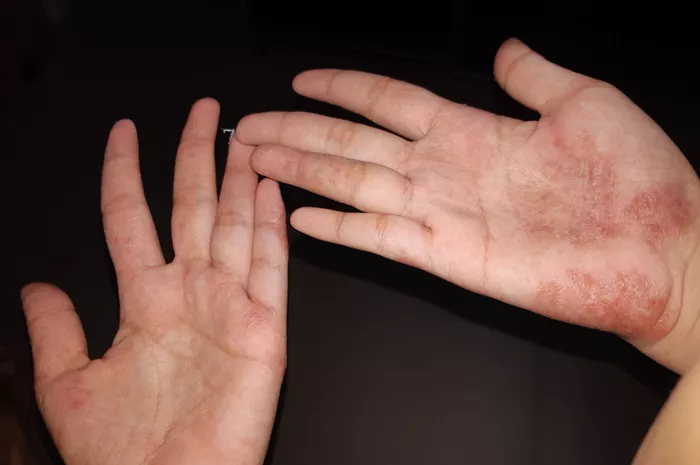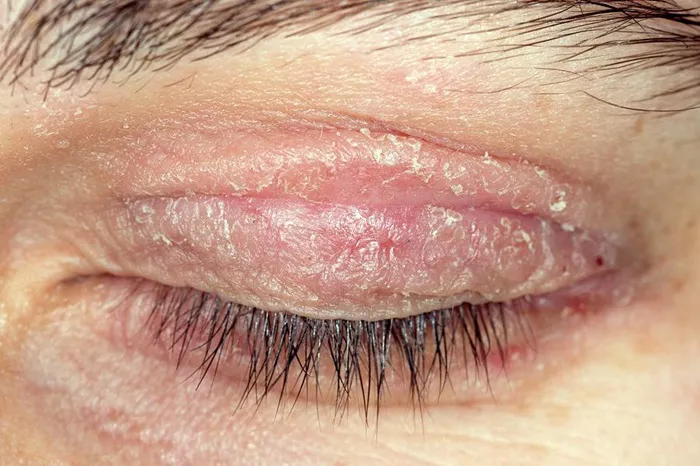Mental health awareness has become increasingly important in today’s society, with more and more people recognizing the significance of mental well-being. While progress has been made in reducing the stigma surrounding mental illness, there is still much work to be done. One demographic that has shown great potential in driving this change is youth. With their passion, energy, and creativity, young people can play a significant role in spreading awareness about mental health and fostering a culture of empathy and support. In this article, we explore various ways in which youth can make a difference in promoting mental health awareness.
Understanding the Importance of Mental Health Awareness
Before delving into the actions youth can take, it’s essential to understand why mental health awareness is crucial. Mental health encompasses our emotional, psychological, and social well-being, affecting how we think, feel, and act. It influences how we handle stress, relate to others, and make choices in our lives.
Despite its significance, mental health has historically been overlooked or stigmatized, leading to a lack of understanding and support for those struggling. This stigma can prevent individuals from seeking help and lead to feelings of shame or isolation. By raising awareness about mental health, we can break down these barriers, promote understanding and empathy, and encourage individuals to seek support when needed.
The Role of Youth in Spreading Mental Health Awareness
Youth possess unique qualities that make them effective agents of change in promoting mental health awareness:
1. Influence and Reach
Youth have a vast reach, both within their peer groups and online communities. With the proliferation of social media platforms, young people can amplify messages and reach a wide audience with relative ease. Their influence can spark conversations, challenge stereotypes, and raise awareness about mental health issues.
2. Creativity and Innovation
Young people are often at the forefront of creativity and innovation. They can leverage their creativity to develop engaging campaigns, initiatives, and resources that capture the attention of their peers and inspire action. Whether through art, music, storytelling, or technology, youth can find innovative ways to promote mental health awareness.
3. Empathy and Understanding
Empathy comes naturally to many young people, who are often more open-minded and compassionate than older generations. They can use their empathy to create supportive environments, foster understanding, and combat stigma surrounding mental health. By sharing personal stories and experiences, youth can help others feel less alone and more empowered to seek help.
Ways Youth Can Spread Awareness About Mental Health
There are numerous ways in which youth can contribute to the promotion of mental health awareness. Here are some effective strategies:
1. Start Conversations
One of the most powerful ways to raise awareness about mental health is simply by starting conversations. Youth can initiate discussions with their peers, family members, teachers, and community leaders about the importance of mental well-being, the prevalence of mental illness, and the need for support and resources.
2. Use Social Media for Good
Social media platforms provide a powerful tool for spreading messages and raising awareness. Youth can use platforms like Instagram, Twitter, TikTok, and YouTube to share educational content, personal stories, and resources related to mental health. By using hashtags, creating challenges, and engaging with followers, they can reach a broader audience and encourage meaningful dialogue.
3. Organize Events and Workshops
Youth-led events and workshops can be effective in raising awareness about mental health in local communities. These events can include panel discussions, guest speakers, art exhibits, and interactive workshops focused on topics such as stress management, self-care, and destigmatization of mental illness.
4. Advocate for Change
Youth can advocate for policy changes and increased funding for mental health services at local, state, and national levels. They can join or establish youth-led advocacy groups, participate in lobbying efforts, and raise awareness about legislation that impacts mental health access and support.
5. Create Safe Spaces
Creating safe and inclusive spaces where individuals feel comfortable discussing their mental health is essential. Youth can establish peer support groups, online forums, or school clubs dedicated to mental health awareness and support. These spaces provide opportunities for sharing experiences, seeking advice, and accessing resources in a supportive environment.
6. Educate Themselves and Others
Youth can educate themselves about mental health issues, including common disorders, warning signs, and available resources. By understanding mental health concepts and terminology, they can effectively communicate with others and provide support to those in need. Additionally, they can educate their peers through workshops, presentations, and educational materials.
7. Support Each Other
Supporting one another is vital in promoting mental health awareness and fostering a culture of empathy and understanding. Youth can offer support to friends, classmates, and family members who may be struggling with their mental health. This support can range from lending a listening ear to helping them connect with professional resources and support services.
Challenges and Considerations
While youth can be powerful agents of change in spreading awareness about mental health, they may also face challenges and considerations:
1. Stigma and Misconceptions
Despite progress, stigma surrounding mental illness persists in many communities. Youth may encounter resistance or judgment when discussing mental health openly. It’s essential to address misconceptions, challenge stereotypes, and create environments where individuals feel safe and supported.
2. Access to Resources
Access to mental health resources and services may vary depending on location, socioeconomic status, and cultural factors. Youth advocacy efforts should prioritize increasing access to affordable and culturally competent mental health care for all individuals, regardless of background or circumstances.
3. Self-Care and Burnout
Engaging in advocacy and awareness-raising activities can be emotionally taxing, leading to burnout and fatigue. It’s crucial for youth to prioritize self-care, set boundaries, and seek support when needed. Taking breaks, practicing mindfulness, and engaging in activities that bring joy and relaxation are essential for maintaining mental well-being.
4. Collaboration and Partnerships
Youth-led initiatives can benefit from collaboration and partnerships with community organizations, mental health professionals, and other stakeholders. By working together, youth can leverage collective expertise, resources, and networks to maximize their impact and reach.
Conclusion
Youth play a vital role in spreading awareness about mental health and fostering supportive communities where individuals feel valued, understood, and empowered to seek help. By leveraging their influence, creativity, and empathy, young people can challenge stigma, initiate conversations, and advocate for change. Through initiatives such as social media campaigns, educational workshops, and peer support groups, youth can contribute to creating a more inclusive and compassionate society where mental health is prioritized and supported. As they continue to lead by example, youth have the power to inspire positive change and transform attitudes toward mental well-being for generations to come.
[inline_related_posts title=”You Might Be Interested In” title_align=”left” style=”list” number=”6″ align=”none” ids=”9566,9563,9559″ by=”categories” orderby=”rand” order=”DESC” hide_thumb=”no” thumb_right=”no” views=”no” date=”yes” grid_columns=”2″ post_type=”” tax=””]
































